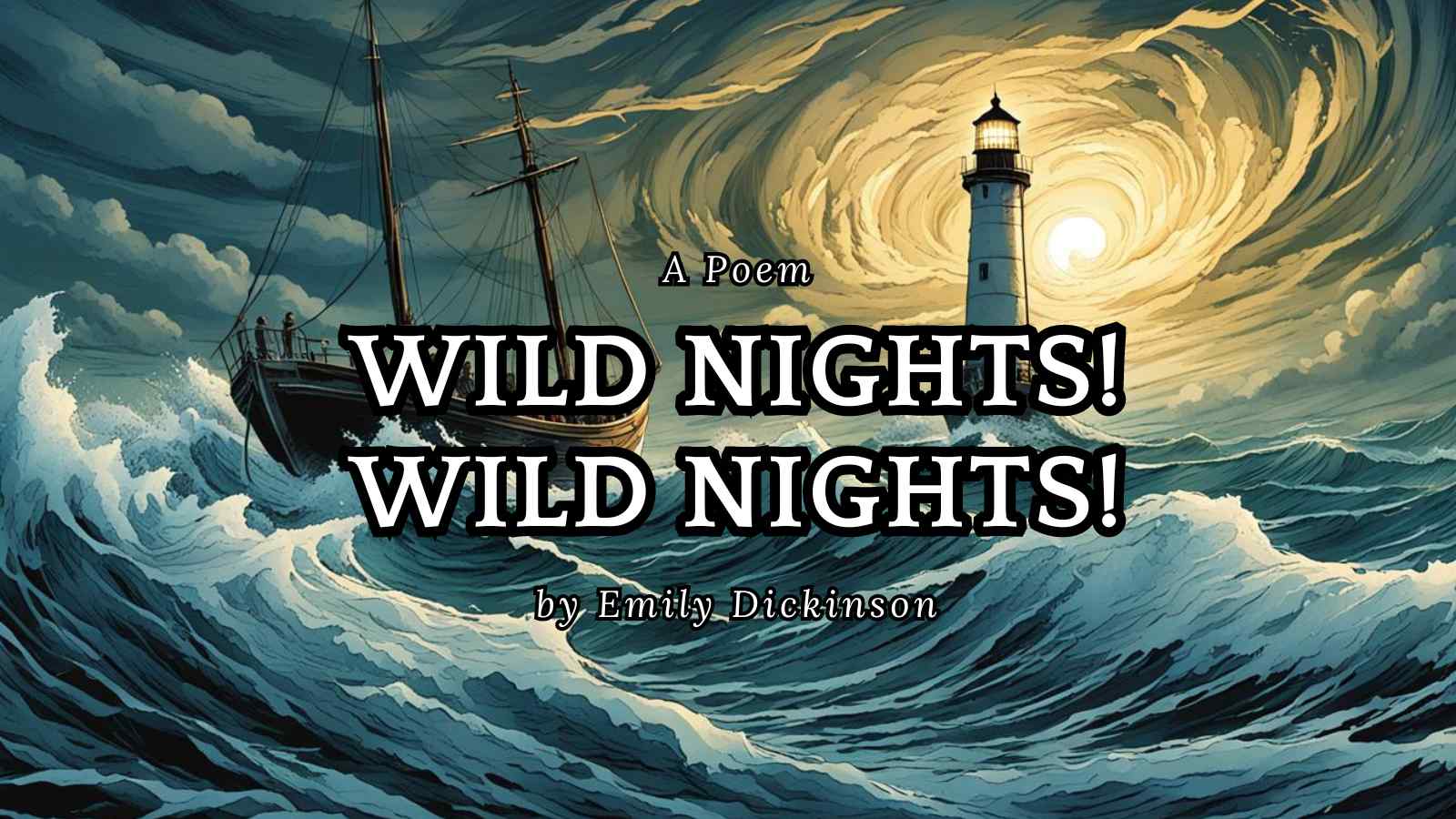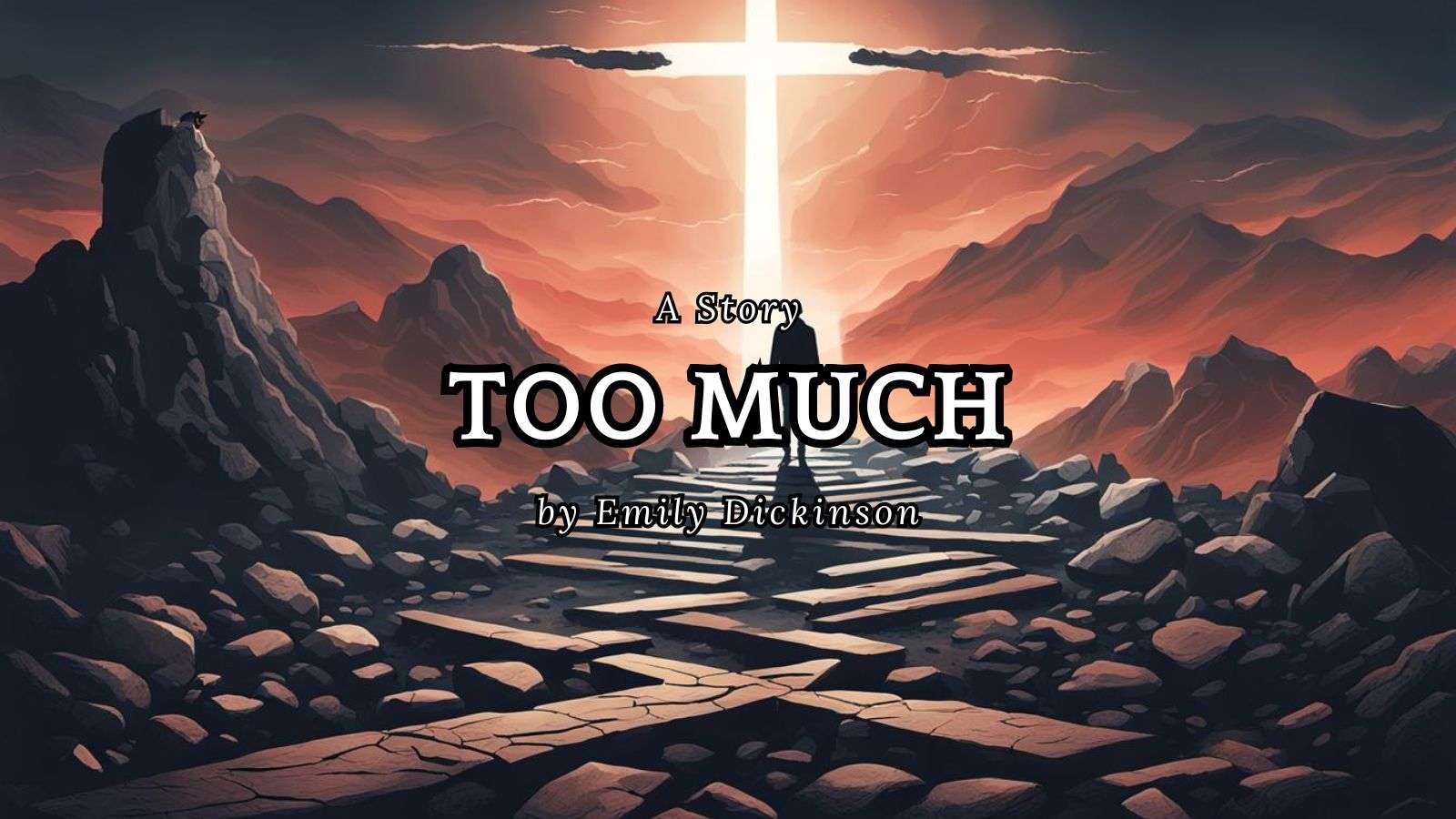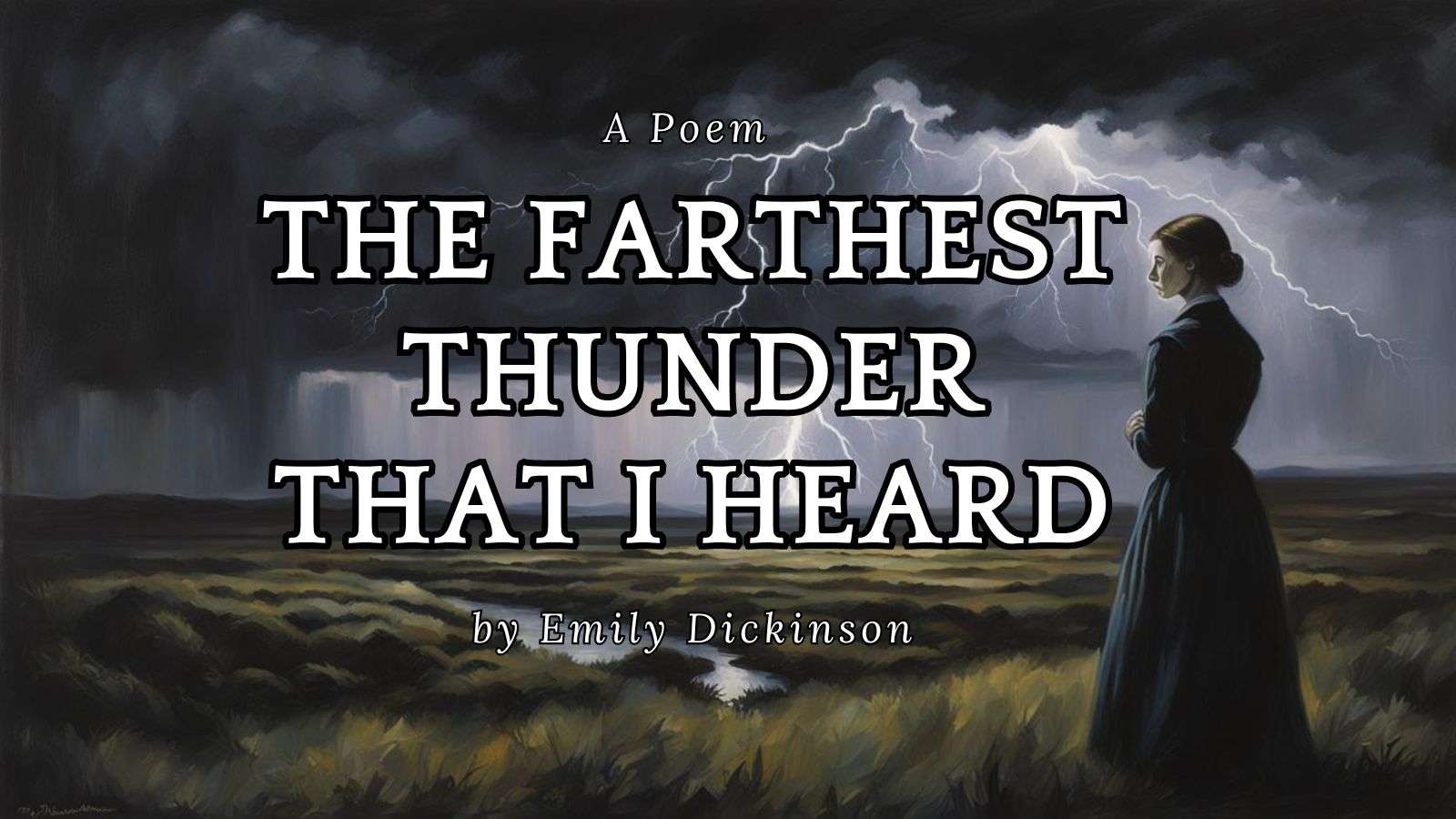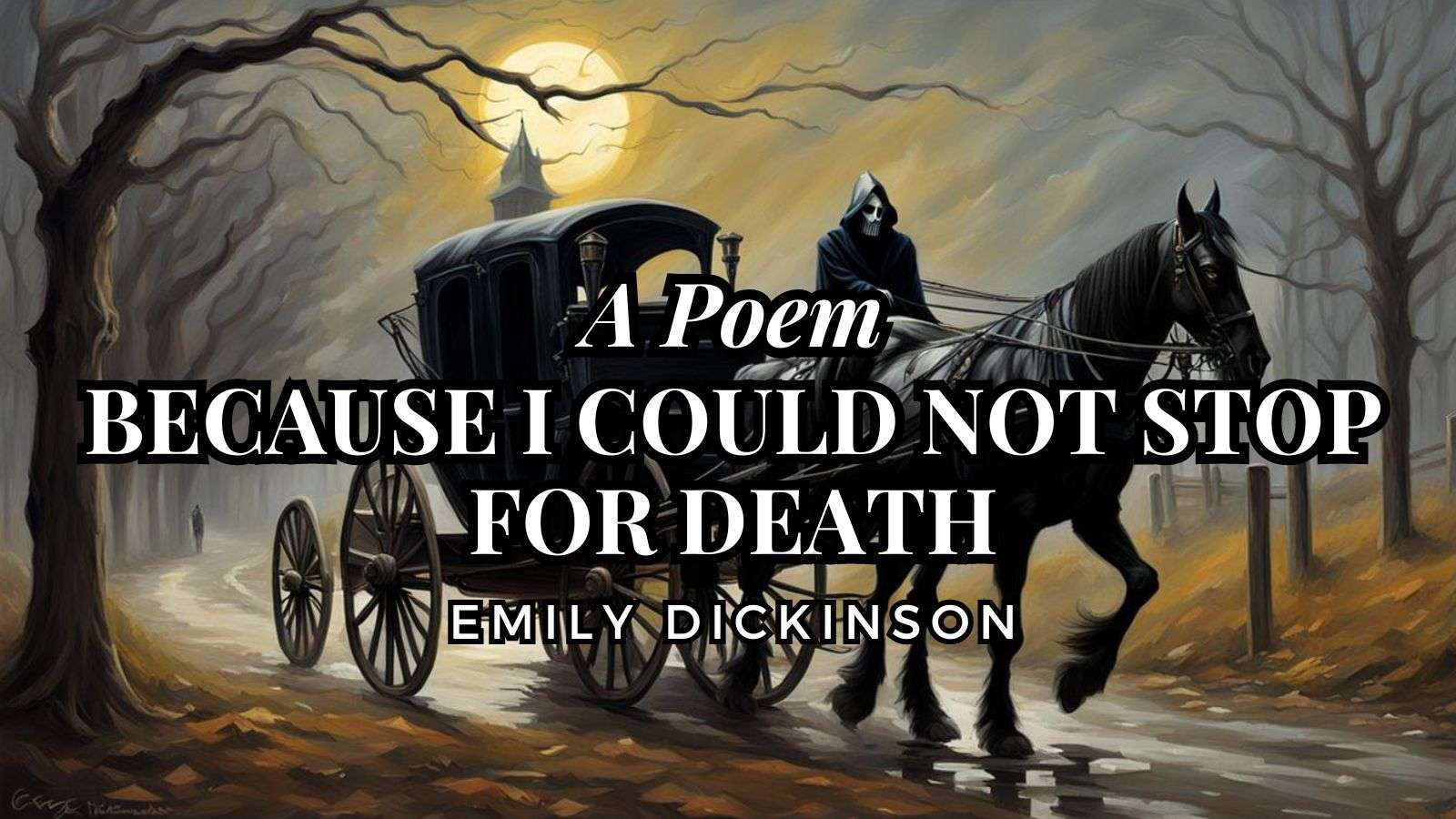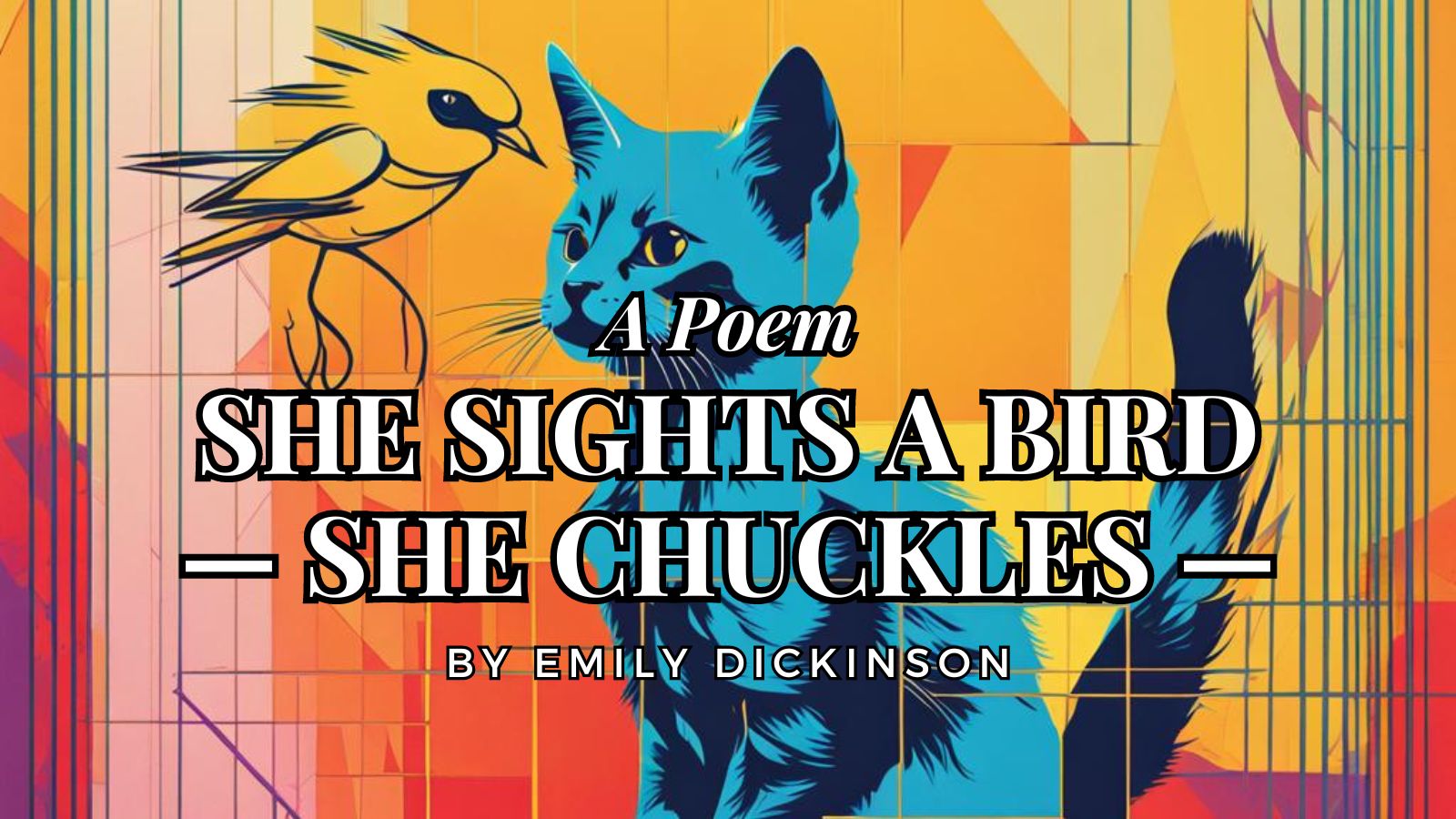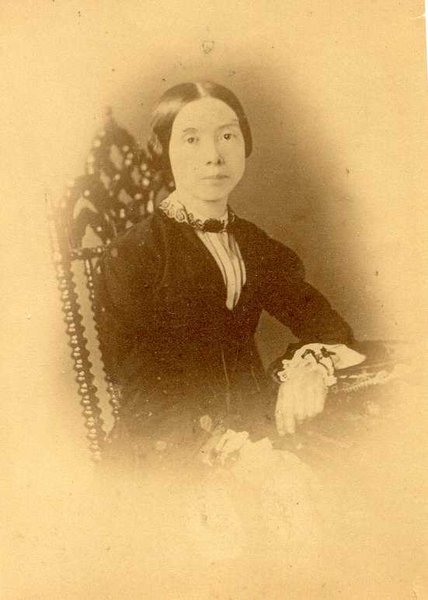Emily Dickinson (1830-1886) was one of the most famous and influential American poets. She led a very private life, rarely leaving her hometown of Amherst
Dickinson, Emily
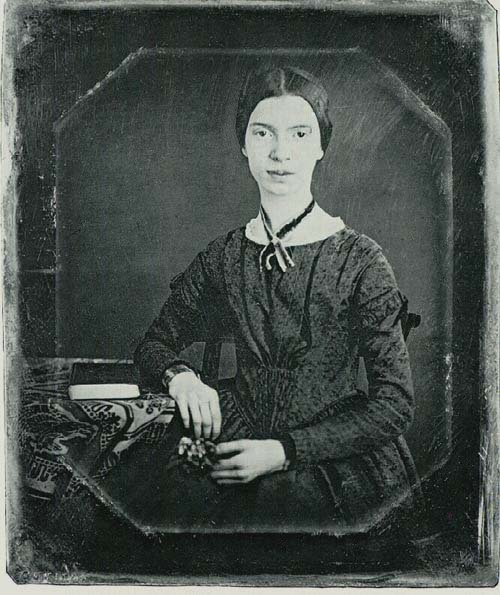
Emily Dickinson (1830-1886) was a remarkable American poet whose unique style and powerful voice left an indelible mark on the world of literature. Born into a prominent family in Amherst, Massachusetts, Dickinson lived a largely reclusive life, rarely venturing beyond the confines of her family home and garden. Despite her physical isolation, however, her mind and imagination knew no bounds, and she poured her innermost thoughts, feelings, and observations into her poetry.
Over the course of her lifetime, Dickinson composed nearly 1,800 poems, though fewer than a dozen were published during her lifetime. Her poetry was characterized by its unconventional style, which often featured short lines, irregular capitalization and punctuation, and bold, striking imagery. Her poems explored a wide range of themes, from the beauty and mystery of nature to the depths of human emotion and the profound questions of life, death, and immortality.
Dickinson’s poetry was deeply personal and introspective, reflecting her own struggles with identity, faith, and the world around her. She grappled with questions of love and loss, hope and despair, and the search for meaning and purpose in life. Her poems often employed startling and unexpected metaphors, drawing connections between the mundane and the sublime, the earthly and the divine.
Despite her talent and the power of her words, Dickinson remained largely unknown as a poet during her lifetime. She chose to share her work only with a select group of friends and family members, and those poems that were published were often heavily edited to conform to the poetic conventions of the time.
It wasn’t until after her death in 1886 that Dickinson’s true genius was discovered. Her younger sister Lavinia found a treasure trove of poems in Dickinson’s bedroom, carefully bound together in small packets. Lavinia recognized the significance of her sister’s work and set about getting it published. The first collection of Dickinson’s poems was released in 1890, and her work gradually gained recognition and admiration from literary critics and readers alike.
Today, Emily Dickinson is widely regarded as one of the greatest and most influential poets in American literature. Her unique voice, innovative style, and deeply personal and introspective approach to poetry have inspired generations of writers and readers around the world. Her work continues to be studied, analyzed, and celebrated for its beauty, depth, and enduring relevance to the human experience.
- Wild nights! Wild nights! by Emily Dickinson
- TOO MUCH by Emily Dickinson
- Hope by Emily Dickinson
- The farthest thunder that I heard XXVI by Emily Dickinson
- Because I could not stop for Death by Emily Dickinson
- She sights a Bird — she chuckles — by Emily Dickinson
- Success by Emily Dickinson
- In a Library by Emily Dickinson
- The Only Ghost I Ever Saw by Emily Dickinson
- XI.by Emily Dickinson
- X. Emily Dickinson
- There’s a certain slant of light by Emily Dickinson
TOO MUCH by Emily Dickinson
Emily Dickinson (1830-1886) was one of the most famous and influential American poets. She led a very private life, rarely leaving
Hope by Emily Dickinson
In her poem “Hope,” Emily Dickinson uses an extended metaphor to compare hope to a bird, illustrating its resilience, comfort, and constancy.
The farthest thunder that I heard XXVI by Emily Dickinson
The farthest thunder that I heard XXVI by Emily Dickinson The farthest thunder that I heard Was nearer than the sky, And rumbles still, though torrid noons Have lain their missiles by. The lightning that preceded it Struck no one but myself, But I would not exchange the bolt For all the rest of life….
Because I could not stop for Death by Emily Dickinson
Emily Dickinson (1830-1886) was one of the most original and influential poets in American history. Though she lived
She sights a Bird — she chuckles — by Emily Dickinson
Emily Dickinson (1830-1886) was one of the most influential and innovative American poets of the 19th century
Success by Emily Dickinson
In a Library by Emily Dickinson
In a Library by Emily Dickinson A precious, mouldering pleasure ‘t is To meet an antique book, In just the dress his century wore; A privilege, I think, His venerable hand to take, And warming in our own, A passage back, or two, to make To times when he was young. His quaint opinions to…
The Only Ghost I Ever Saw by Emily Dickinson
The Only Ghost I Ever Saw by Emily Dickinson The only ghost I ever saw Was dressed in mechlin, ? so; He wore no sandal on his foot, And stepped like flakes of snow. His gait was soundless, like the bird, But rapid, like the roe; His fashions quaint, mosaic, Or, haply, mistletoe. His conversation…
XI.by Emily Dickinson
XI. by Emily Dickinson Much madness is divinest sense To a discerning eye; Much sense the starkest madness. ‘T is the majority In this, as all, prevails. Assent, and you are sane; Demur, ? you’re straightway dangerous, And handled with a chain.
